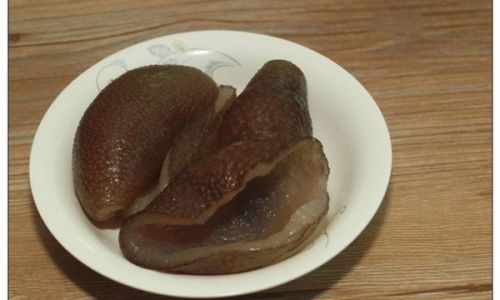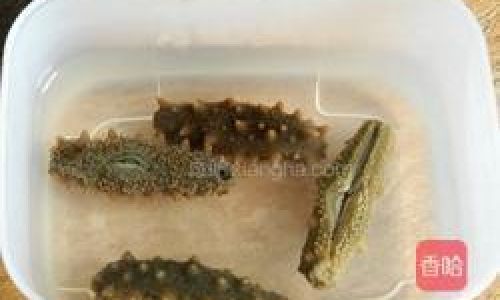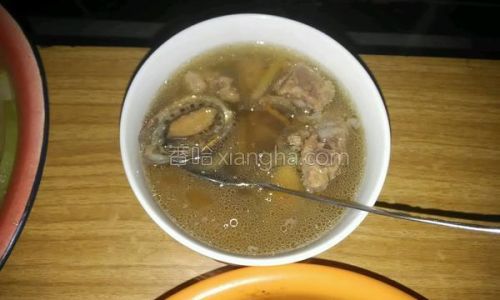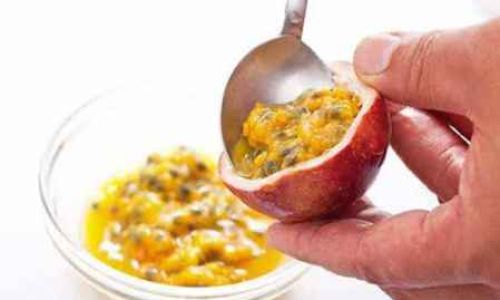Introduction
In the realm of gourmet Chinese cuisine, few dishes rival the opulence and depth of flavor found in abalone, spare ribs, and sea cucumber stew. This luxurious braised dish, rooted in traditional Cantonese cooking, combines the ocean’s bounty with tender pork to create a symphony of textures and tastes. Revered for its rich, umami-laden broth and health-boosting properties, this stew is a centerpiece at banquets and a cherished homemade delicacy. Crafting it requires patience, precision, and an understanding of how to coax the maximum flavor from each ingredient. Below is a comprehensive guide to mastering this culinary masterpiece, from selecting the finest components to achieving the perfect balance of savory and sweet notes.
The Ingredients: A Trio of Elegance
To embark on this culinary journey, one must first assemble the star ingredients. Each component plays a pivotal role in the dish’s character:
- Abalone: Opt for fresh or dried abalone. Dried abalone, though pricier, offers a concentrated flavor and meaty texture. Soak it for 24–48 hours, changing the water frequently to rehydrate it fully.
- Spare Ribs: Choose pork spare ribs with a good marbling of fat for tenderness. Blanch them to remove impurities before cooking.
- Sea Cucumber: Dried sea cucumber is traditional. Rehydrate it by simmering in water for 30 minutes, then soaking for 12–24 hours until pliable.
- Broth Base: A robust broth forms the stew’s foundation. Use chicken or pork bones, simmered with ginger, scallions, and Shaoxing wine for 4–6 hours.
- Aromatics and Seasonings: Fresh ginger, garlic, Shaoxing wine, soy sauce, oyster sauce, rock sugar, and white pepper are essential.
Step-by-Step Preparation

Rehydrating Dried Ingredients
- Sea Cucumber: Rinse thoroughly. Place in a pot with cold water, bring to a boil, then reduce heat and simmer for 30 minutes. Turn off the heat, cover, and let soak for 12–24 hours. Change the water every 6 hours to eliminate any bitterness.
- Abalone: If using dried, scrub gently under running water. Soak in a bowl of cold water, refrigerated, for 24–48 hours. Change the water every 8 hours.
Preparing the Spare Ribs
- Rinse the ribs under cold water. Blanch in a pot of boiling water for 5 minutes to remove blood and scum. Drain and pat dry.
Crafting the Master Stock
- In a large stockpot, combine 8 cups of water, 1 pound of chicken bones, 1 chopped onion, 3 slices of ginger, and 2 scallions. Bring to a boil, then simmer for 4 hours. Strain and discard solids.
Searing the Ingredients

- Heat 2 tablespoons of peanut oil in a wok. Sear the blanched ribs until golden brown. Set aside. In the same wok, stir-fry 4 minced garlic cloves and 2 tablespoons of ginger until fragrant. Add the abalone and sea cucumber, searing lightly to seal in flavors.
Braising the Stew
- Transfer all ingredients to a heavy-bottomed pot. Add the master stock, ½ cup of Shaoxing wine, ¼ cup of soy sauce, 2 tablespoons of oyster sauce, and 1 tablespoon of rock sugar. Bring to a gentle simmer.
- Cover and braise on low heat for 3–4 hours. Stir occasionally, ensuring the ingredients are submerged. The broth should reduce by a third, intensifying in flavor.
Final Touches
- Taste and adjust seasoning with soy sauce or a pinch of salt. Add a dash of white pepper for warmth. For a glossy finish, swirl in 1 teaspoon of sesame oil before serving.
Mastering Texture and Flavor
The success of this stew hinges on achieving the ideal texture:
- Abalone: Should be tender yet slightly chewy. Avoid overcooking, as it can become rubbery.
- Sea Cucumber: Must be silky-smooth. If undercooked, it will be tough; if overcooked, it disintegrates.
- Spare Ribs: Should fall off the bone but retain their shape.
Pro Tips for Perfection

- Soaking Technique: Use filtered water for rehydrating dried ingredients to prevent mineral buildup.
- Broth Clarity: Skim off impurities during the initial simmer for a crystal-clear broth.
- Slow Cooking: A low, steady flame ensures even cooking and melt-in-your-mouth textures.
- Garnish: Elevate the dish with a sprinkle of chopped cilantro or fried garlic chips just before serving.
Pairing and Presentation
Serve this stew in a traditional clay pot to retain heat. Pair it with steamed jasmine rice or thin egg noodles to soak up the luxurious broth. For a festive touch, accompany it with stir-fried bok choy or oyster mushrooms.
Cultural Significance
In Chinese culture, this stew is more than a meal—it’s a symbol of prosperity and respect. Served during Lunar New Year or weddings, it embodies the harmony of land and sea. The abalone represents gold, the sea cucumber signifies resilience, and the spare ribs symbolize familial bonds.
Health Benefits
Beyond its culinary appeal, this stew is a nutritional powerhouse:
- Abalone: Rich in protein, iodine, and omega-3 fatty acids, it supports thyroid function and brain health.
- Sea Cucumber: High in collagen and antioxidants, it promotes skin elasticity and joint health.
- Spare Ribs: Provide iron and B vitamins, aiding in energy production.
Variations and Modern Twists
While tradition is revered, contemporary chefs often innovate:

- Vegetarian Adaptation: Substitute pork with king oyster mushrooms and use kombu-based dashi for umami.
- Spicy Kick: Add dried chili flakes or Sichuan peppercorns during the braise.
- Seafood Fusion: Incorporate scallops or shrimp for an oceanic twist.
Troubleshooting Common Pitfalls
- Tough Sea Cucumber: Ensure thorough rehydration and avoid high heat during cooking.
- Bitter Broth: Blanch the bones longer to remove impurities, and discard the first batch of water.
- Overly Salty: Balance with a touch of sugar or a splash of unsalted broth.
Storing and Reheating
This stew improves in flavor after a day. Store in an airtight container for up to 3 days. Reheat gently, adding a splash of water if needed to prevent scorching.
Conclusion
Crafting abalone, spare ribs, and sea cucumber stew is a labor of love, demanding time and attention but rewarding the cook with an unparalleled dining experience. Each spoonful tells a story of tradition, patience, and the alchemy of simple ingredients transformed into something extraordinary. Whether served at a grand feast or a cozy family dinner, this stew invites diners to savor the essence of Chinese culinary heritage. So, gather your ingredients, embrace the slow art of braising, and let the symphony of flavors unfold.




0 comments